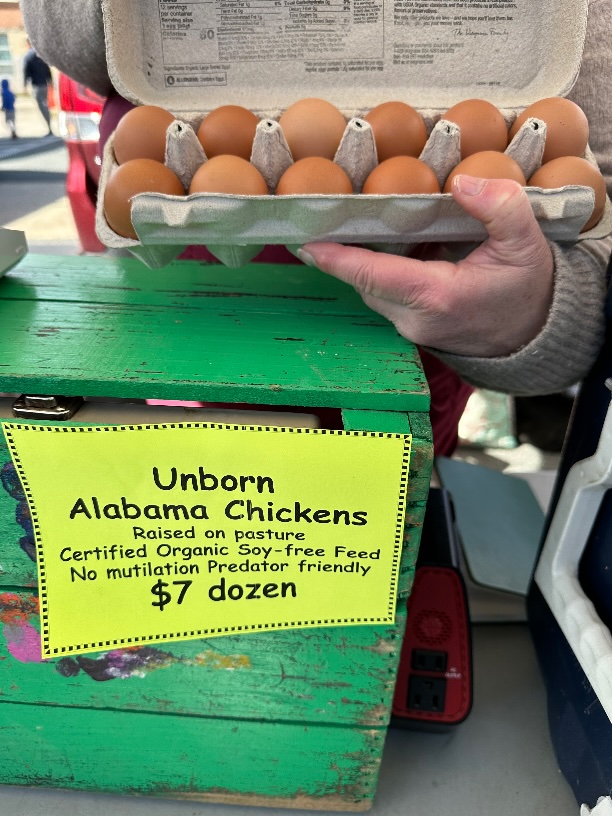Subtitle: "Thank you, Egg Fried Rice"
You may think that nothing could be more innocuous than mundane egg-fried rice. Not so in post-Mao China. As background for the story I'm about to tell, you need to know that eggs were a rarity in the PRC during the days of Mao, and especially during the Korean War (1950-53), in which China was pitted against the USA and the UN.
So you know the vocabulary, it is "dàn chǎo fàn 蛋炒饭" ("egg fried rice").
Egg Fried Rice
What is said to have killed Mao Zedong’s oldest son, Mao Anying. The younger Mao, who had studied abroad in Russia, volunteered to fight in the Korean War and was assigned to be Peng Dehuai*’s Russian translator. According to legend, Mao Anying cooked fried rice with eggs in the daytime, against military regulation. The eggs were a rare delicacy at the time and had been just been sent to Peng Dehuai from Kim Il-sung. Spotting the smoke from the fire, an American plane dropped napalm on the site. Unable to escape, Mao perished in the flames.
Regardless of the truth of the story, Mao Anying did in fact die in 1950 when his camp in a Korean cave was napalmed.
Read the rest of this entry »





